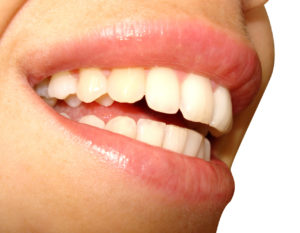Fluoride
Why Additional Fluoride?
Topical fluoride is the type of fluoride you receive at the dental office or when you use dental products—such as toothpastes or mouth rinses. Systemic fluoride is ingested, usually through a public water supply, which in the United States applies to nearly 74 percent of the population. While teeth are forming under the gums, the fluoride taken in largely from drinking water and other beverages strengthens tooth enamel making it stronger and more resistant to cavities. This provides what is called a “systemic” benefit. After teeth erupt, fluoride helps rebuild (remineralize) weakened tooth enamel and reverse early signs of tooth decay. When you brush your teeth with fluoride toothpaste, or use other fluoride dental products, you are providing a “topical” benefit because the fluoride is applied to the surface of your teeth.
What are the Benefits of fluoride?
Research shows that fluoride helps prevent cavities in children and adults by making teeth more resistant to the acid attacks that cause cavities. Fluoride is nature’s cavity fighter, helping repair the early stages of tooth decay even before the decay can be seen.
When Is Fluoride Intake Most Critical?
It is certainly important for infants and children between the ages of 6 months and 16 years to be exposed to fluoride. This is the timeframe during which the primary and permanent teeth come in. However, adults benefit from fluoride, too. New research indicates that topical fluoride — from toothpastes, mouth rinses, and fluoride treatments — are as important in fighting tooth decay as in strengthening developing teeth.

